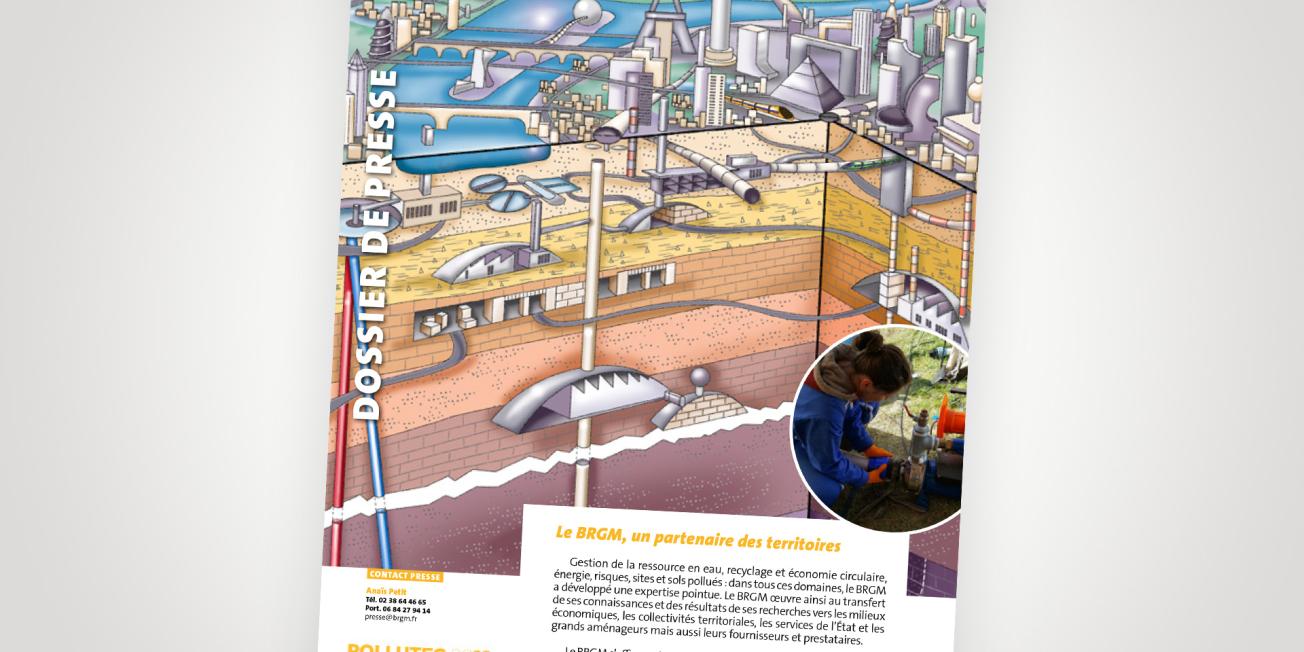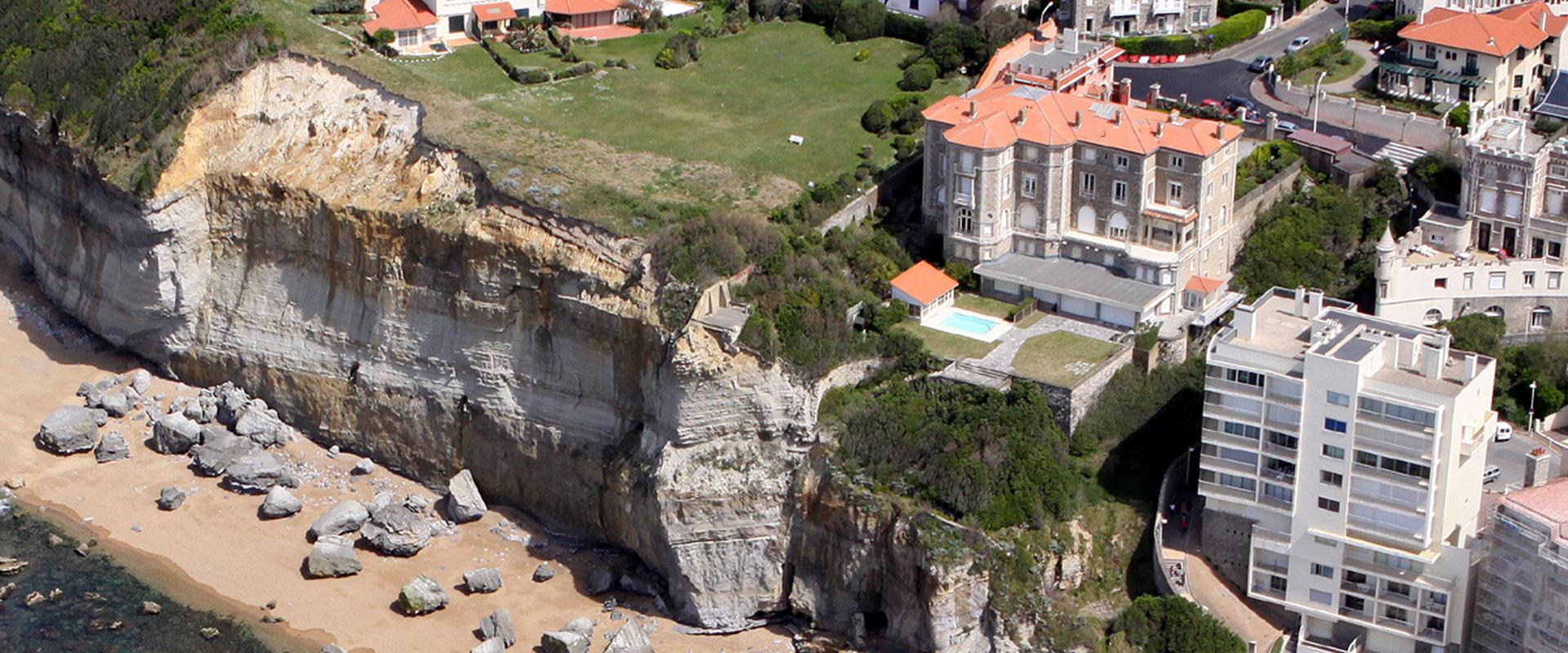
Cover of the press kit.
© BRGM
BRGM has developed advanced expertise in the fields of water resource management, recycling and the circular economy, energy, risk management, and polluted sites and soils. It therefore acts as a consultant to transfer its knowledge and research findings to business circles, local and regional authorities, government departments and major land developers, as well as to their suppliers and service providers.
Using treated wastewater to recharge the water table
Climate change and growing pressure on water resources are giving rise to fears of water scarcity or degraded quality. New management approaches are being explored, such as using treated wastewater to artificially recharge aquifers.
Dissolving metals for recycling
Our discarded computers, telephones and tablets contain metal-rich components that can and should be recycled... provided they can be extracted. BRGM is striving to optimise the bioleaching technique used to treat this waste from the "urban mine".
Innovative solutions to mining waste and waste from urban mines
From recovery of metals from mine spoil to recycling components of discarded electronic devices, which innovative technological solutions are used for the circular economy? BRGM provides answers through three projects – Ceres, Chromic and Extrade – that link existing value chains to the circular economy. Through these ground-breaking initiatives, BRGM is demonstrating its ability to innovate for the circular economy.
Searching for the causes of pollution
Tracing is used to identify the sources of pollution in order to be able to act on them, and to better understand groundwater resources so as to improve their management. BRGM has developed three new experimentation platforms within its PRIME structure. Dedicated to environmental metrology, they were set up to support innovative projects in pollution characterisation and remediation. They will be commissioned in early 2019.
Developing subsurface potential to contribute to the energy transition
BRGM is increasing capabilities for the production and storage of heat and cold by developing subsurface potential. It is integrating these technologies into energy systems through solutions adapted to each local or regional area.







